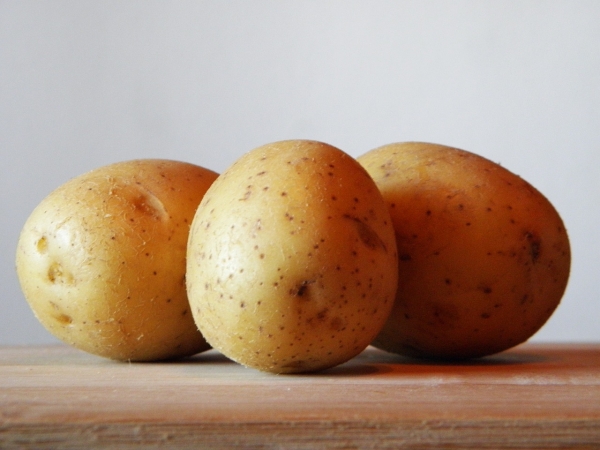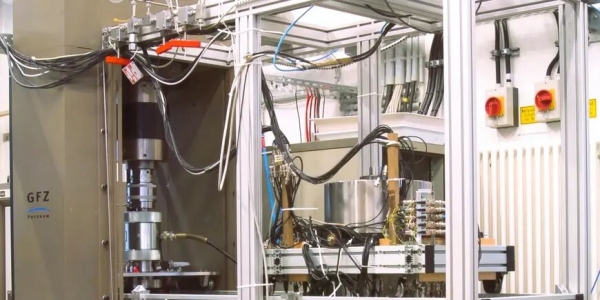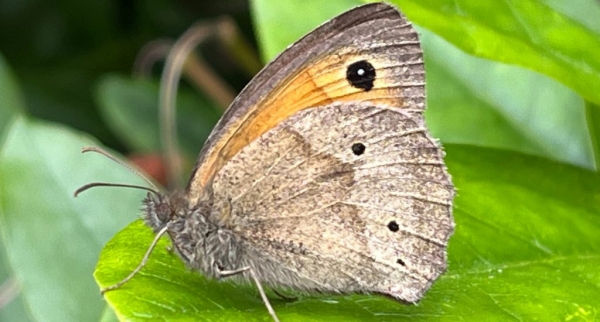Air pollution is the main environmental cause of early death, and new research from experts in Canada and the United States finds that, in about 75 years, climate change will see the number of air quality alerts in the U.S. to quadruple.
articles
What’s in Your Bottled Water? Study Suggests There May Be Hundreds of Thousands of Tiny Plastic Bits
A Rutgers Health researcher collaborates to develop a microscopic technique that zeroes in on the poorly explored world of nanoplastics, which can pass into one’s blood, cells and brain.
New Potato-Threatening Pathogens Reported for First Time in Pennsylvania, US
As the home of beloved snack companies like Martin’s Potato Chips, Utz and Snyder’s of Hanover, Pennsylvania values its potatoes.
Multi-State Collaboration to Develop Testing Ground for Sustainable Power Grids
Smart grids have the potential to revolutionize and revitalize energy supplies in rural communities, according to Penn State researchers.
Key Factors in Man-Made Earthquakes
Man-made earthquakes, so called induced seismicity, have become an increasing concern.
Butterflies Could Lose Spots as Climate Warms
Female Meadow Brown butterflies have fewer spots if they develop in warmer weather – so climate change could make them less spotty, new research shows.








